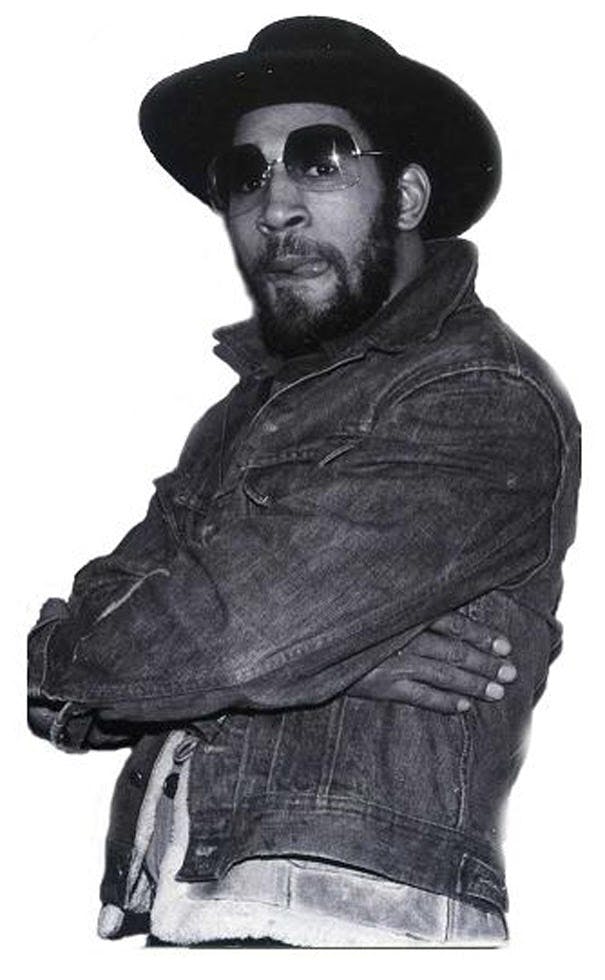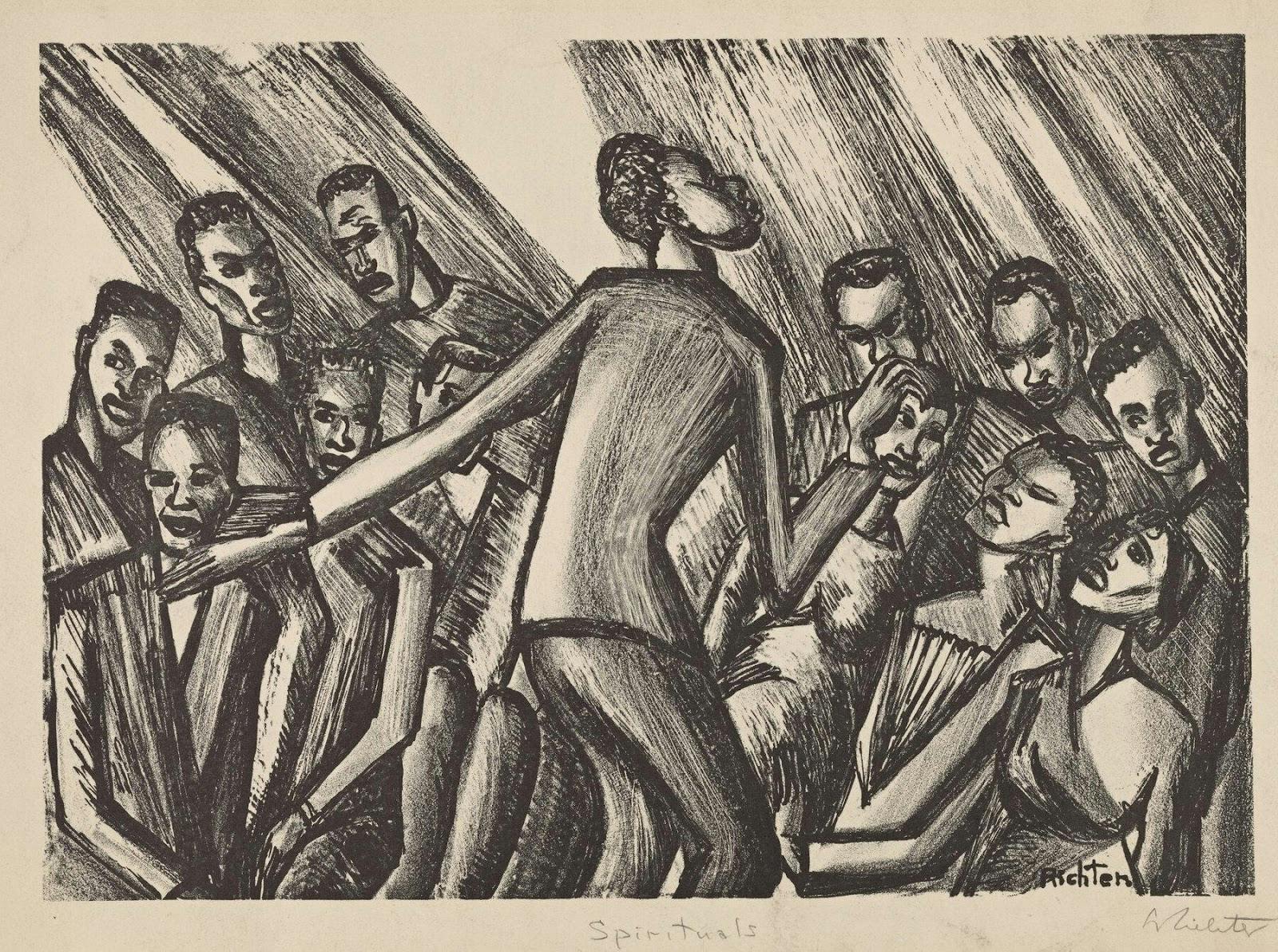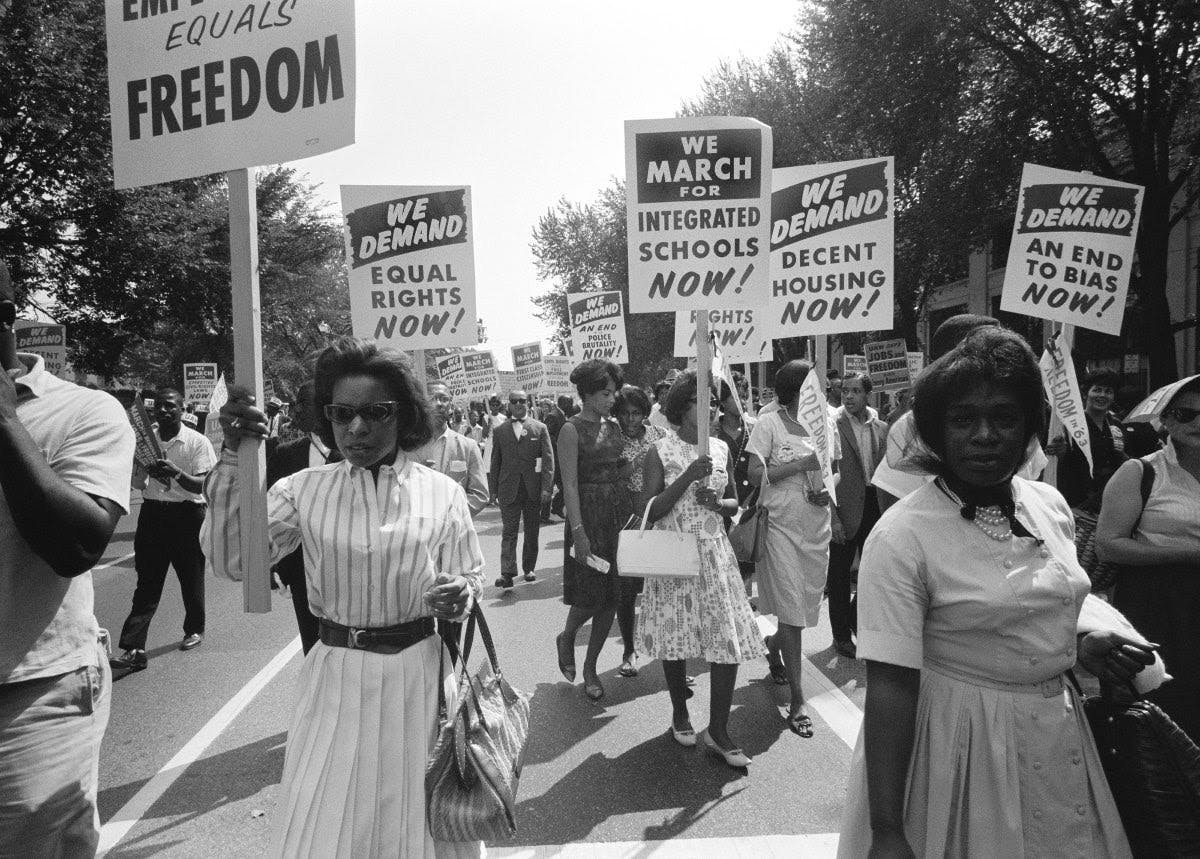Minds On: Music As A Way To Express Voice
Activity 1: The History of Hip-Hop (10 minutes)
Everyone regards DJ Kool Herc as the originator of hip-hop. He is a Jamaican immigrant who DJ’d parties in the Bronx, New York in the 1970s and beyond.
A DJ uses turntables to play recorded music to a live audience.
Herc was the first DJ to take the break of a song – the moment when all the elements of a song stop except for the percussion – and mix it with other songs using two turntables.
This is where the term break dancing comes from; dancers would dance during this break in the song.

Soon, this style of DJing music evolved to incorporate scratching, spinning, and emceeing, where a hype person talks to the crowd while the DJ plays the song.
Shortly after, emceeing incorporated rapping, using clever rhymes and wordplay recited rapidly over a beat.
This created a brand new genre of music never heard before - Hip-Hop!
Watch this brief history of Hip-Hop: "The Birth of Hip-Hop"
Watch this video: “DJ Kool Herc's Turntables: Hip Hop Extraordinaire”
Hundreds of years ago, during the era of slavery, African Americans developed a very different style of music called spirituals. Spirituals were songs sung by enslaved people that were about the hardships they endured, biblical stories, and some even had secret codes that are said to have shared secret messages about how to escape from slavery. The most notable being Wade in the Water which warned enslaved people to get into the water to hide their scent from the slave catching dogs on their trail. When slavery ended, it is said that Spirituals evolved into Blues music.
So, as you see, music has always been a tool for the liberation of oppressed people.

Some of the social and political conditions that were present at the time Hip-Hop was created include:
- Racial segregation in urban planning, leading to African Americans living in underfunded and neglected neighbourhoods, away from white people.
- Racial violence between Black citizens and police officers.
- The largest civil rights demonstration of the era, when 460,000 students and teachers left school in 1964 to protest the continued segregation of schools.
One hundred years after slavery was abolished, African Americans protested for the right to attend schools designated for white students only!

